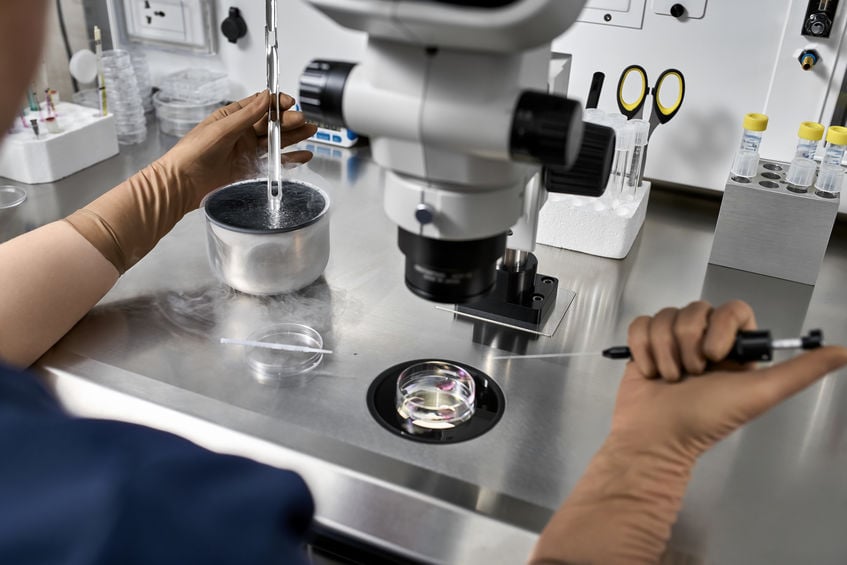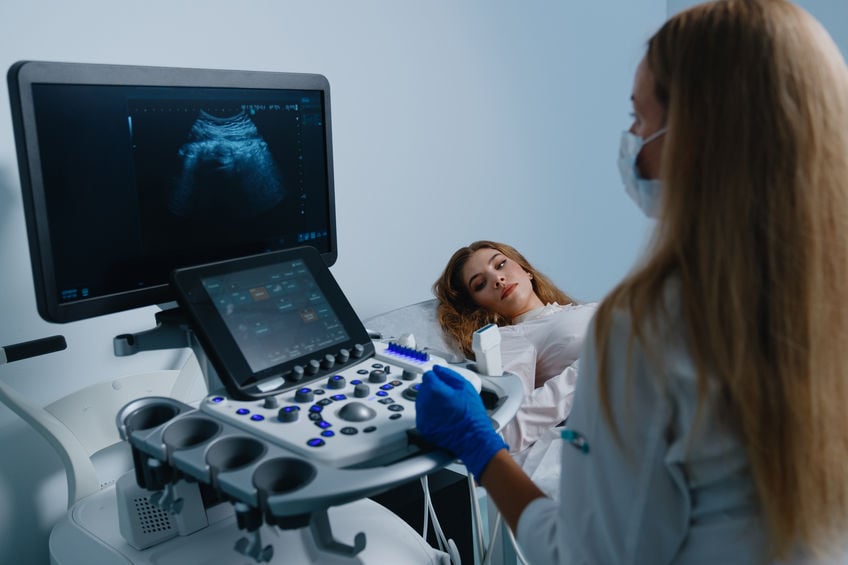When A Donor Is Needed
For people struggling to get pregnant naturally, fertility treatments can help. However, with some infertility diagnoses, conception is never possible. Even with the help of assisted reproductive technology (ART), some couples may require a third party to get pregnant. Donor sperm and eggs are great options for people struggling to have a baby.

Low chance of success
If a couple has been trying to get pregnant for some time without success, different tests can be ordered to evaluate fertility. Bloodwork, ultrasound, and semen analysis are all tools that can help determine whether a couple should continue trying naturally or seek fertility help. With some diagnoses, such as azoospermia or severe diminished ovarian reserve (DOR), the chance of pregnancy is very low, and third party donation is likely needed. Other situations that might benefit from a donor are couples in same-sex partnerships or people choosing single parenthood by choice.
1. Donor eggs at any age
As a woman gets older, the chance of pregnancy declines. By age 40, only 1 in 10 women will get pregnant each menstrual cycle. However, just because egg quality and quantity worsen with age doesn’t mean the uterus suffers the same fate. Many women can continue to carry a baby beyond the traditional reproductive years. In some situations, a donor egg from a younger woman can help achieve pregnancy even when the birth mother is older. This approach can help women with a diminished ovarian reserve and other fertility diagnoses affecting egg production.
2. The genetic connection
An important point about third party reproduction is that there will be no genetic connection if both donor egg and sperm are used. In some instances, this can be a positive. For example, if both parents carry a genetic mutation that can be passed down, using an unrelated donor can avoid this problem. When a donor egg is used, but the male partner’s sperm is available, the baby will be related to the dad but not the mom. When donor sperm is combined with the woman partner’s egg, the mom will be related to the baby, but the dad will not. For most people desiring a child, this is a non-issue, but some find the concept takes time to accept.





